All Stories
-
 Cosmology
CosmologyA map of 14 million galaxies and quasars deepens a dark energy mystery
The DESI experiment shocked cosmologists with a hint that dark energy varies over time. Now, with more data, the conclusions hold up.
-
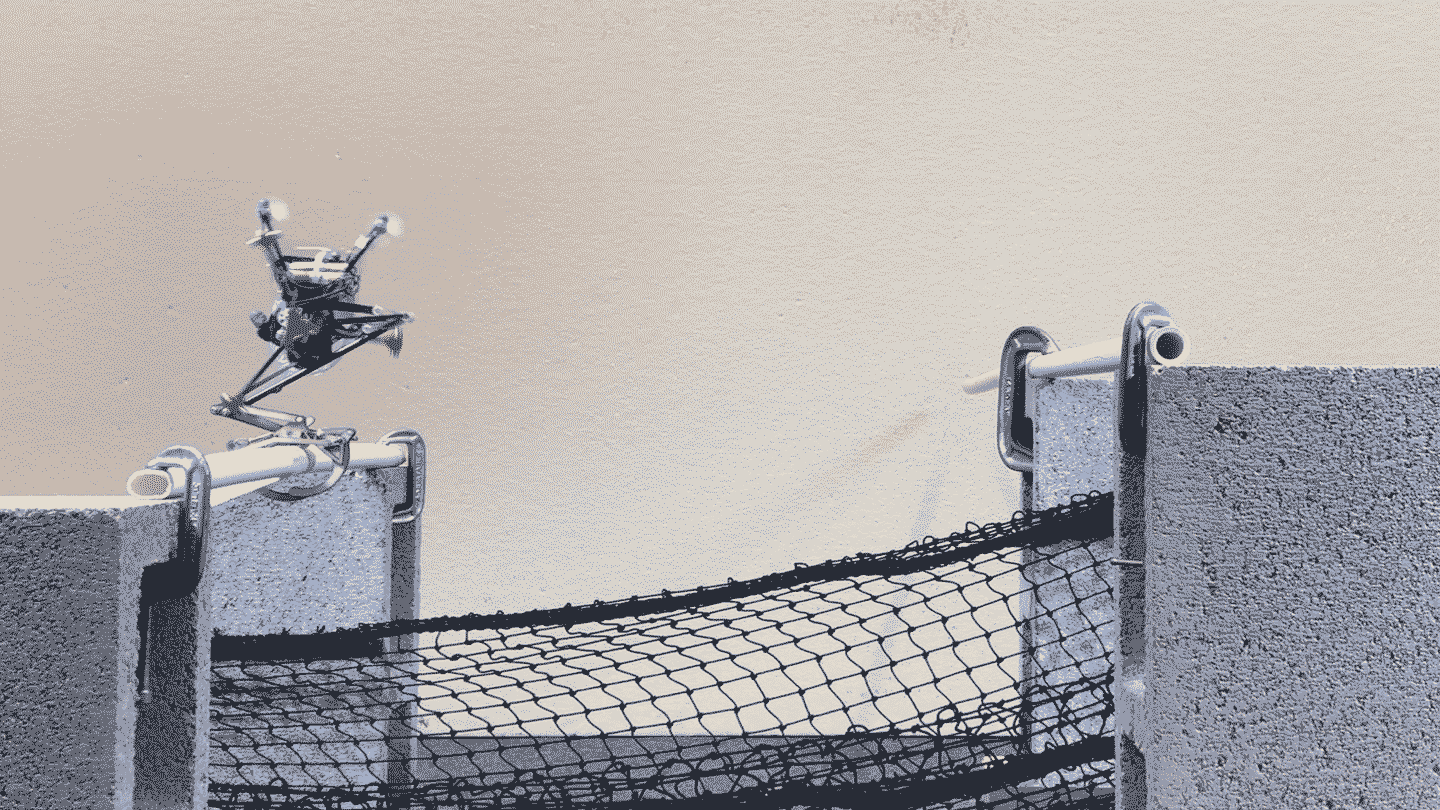 Tech
TechA hopping robot shows off its squirrel-like skills
Salto the jumping robot can take a flying leap and land on a narrow pipe — just like a squirrel soaring from branch to branch.
By Meghan Rosen -
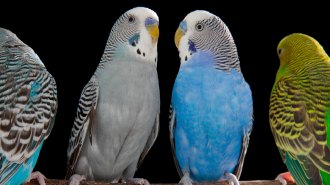 Neuroscience
NeuroscienceParrots and humans share a brain mechanism for speech
Brain activity in vocalizing budgerigar parrots showed a pattern that harkened to those found in the brains of people.
-
 Space
SpaceThe nearest single star to Earth has four small planets
Last year, astronomers announced that a planet orbits Barnard’s star. Now, researchers have confirmed the existence of three more.
-
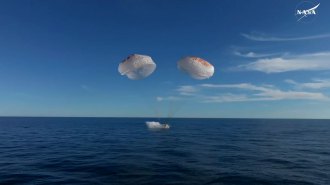 Space
SpaceTwo astronauts stuck in space for 9 months have returned to Earth
Astronauts Suni Williams and Butch Wilmore’s extended stay in the International Space Station will add to what we know about how space affects health.
-
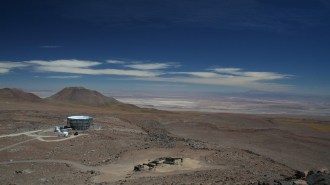 Cosmology
CosmologyNew baby pictures of the universe deepen a cosmic mystery
Cosmic microwave background data support cosmology’s standard model but retain a mystery about the universe’s expansion rate.
-
 Animals
AnimalsSome of Sydney’s koalas are chlamydia-free, but still at risk
Southwestern Sydney's koalas have avoided the chlamydia outbreak threatening the entire species. But their isolation has left them extremely inbred.
By Jake Buehler -
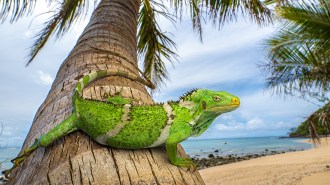 Animals
AnimalsThe mystery of how iguanas crossed the Pacific Ocean may be solved
The iguanas' 8,000-kilometer trip — one-fifth of the Earth’s circumference — is the longest made by a flightless land vertebrate.
By Jake Buehler -
 Health & Medicine
Health & MedicineHear what it’s like to recover from depression with deep brain stimulation
In the sixth episode of The Deep End, listen to what’s next for Jon Nelson and for deep brain stimulation research for depression.
-
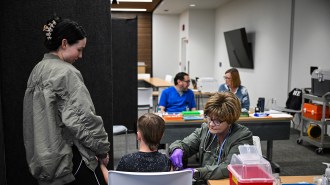 Health & Medicine
Health & MedicineMeasles is spreading. Here’s what experts say you should know
The uptick in measles cases has left many people wondering about early signs of measles, whether they need an updated vaccine and treatment options.
-
 Health & Medicine
Health & MedicineTherapy dogs can ease young patients’ anxiety in the emergency room
A clinical trial found that spending about 10 minutes with a therapy dog reduced patients’ anxiety in a pediatric emergency room.
-
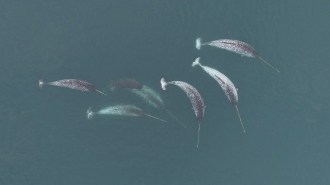 Animals
AnimalsNarwhals may use their iconic tusks to play
Videos show narwhals using their tusks in several ways, including prodding and flipping a fish. It’s the first reported evidence of the whales playing.